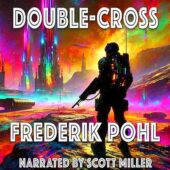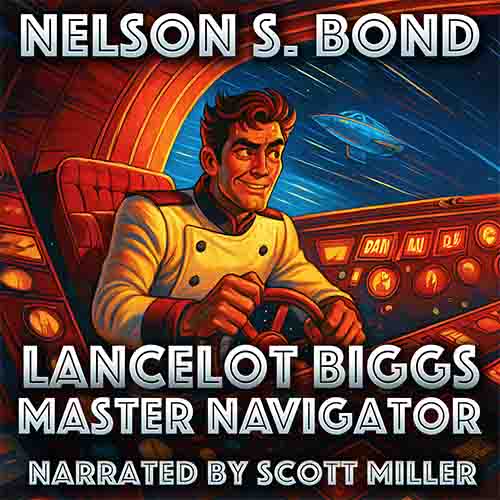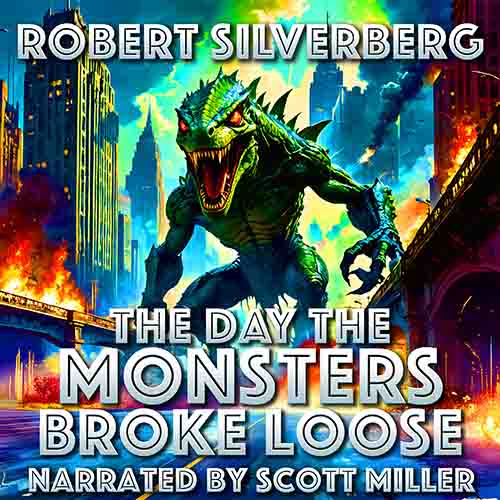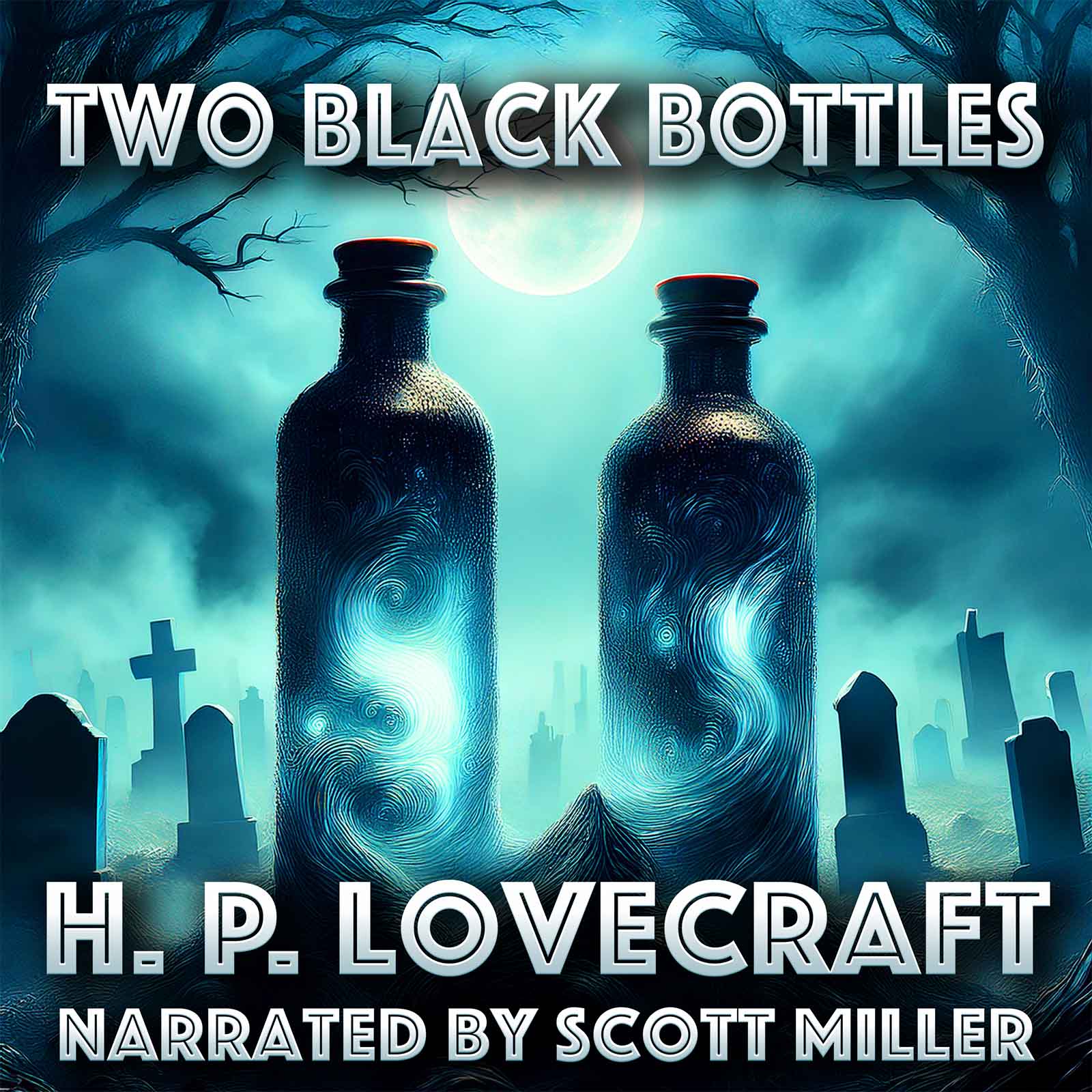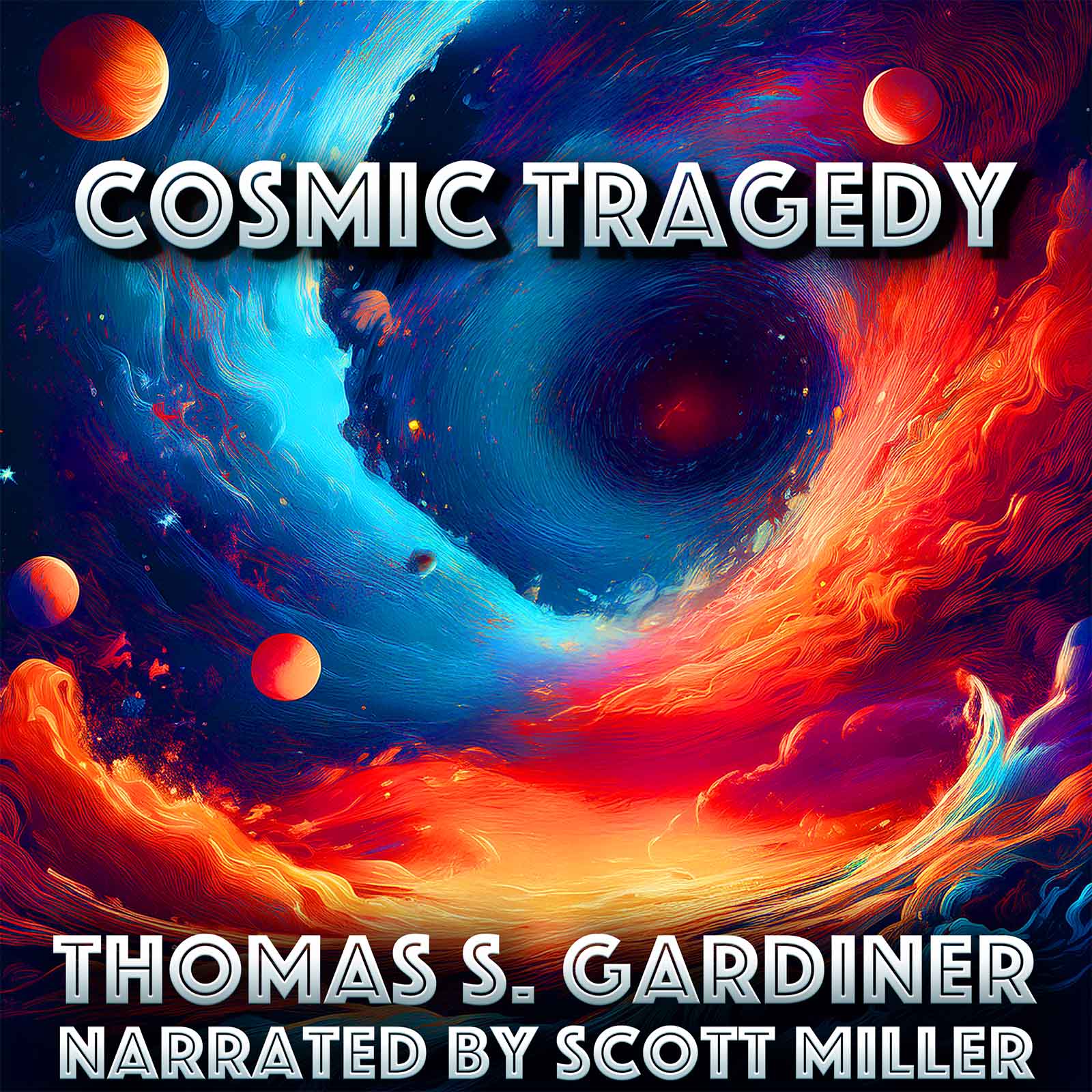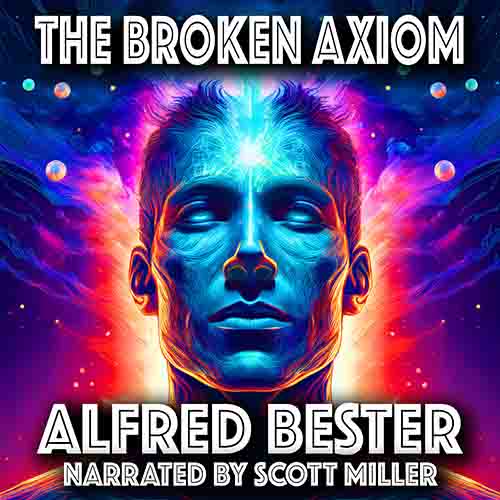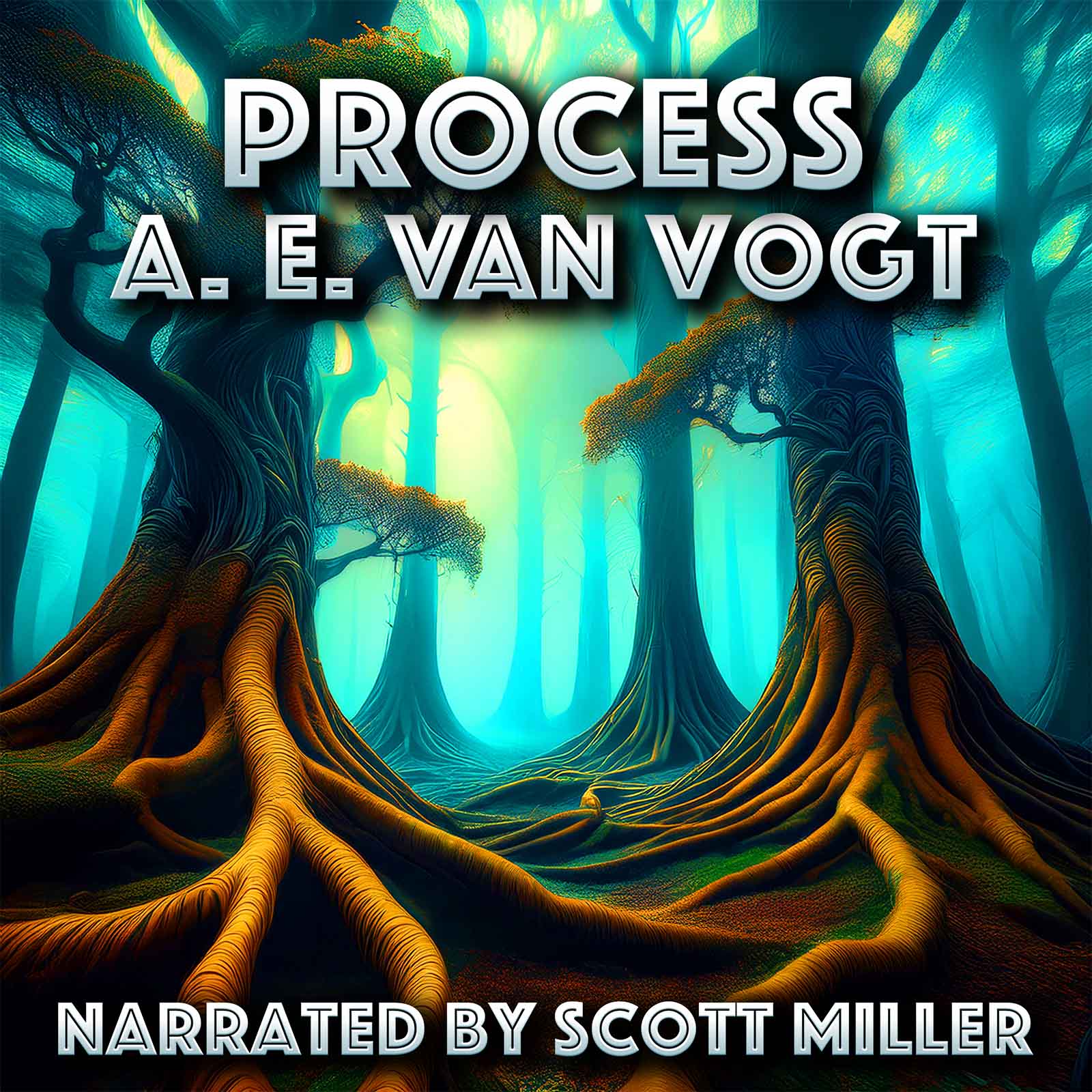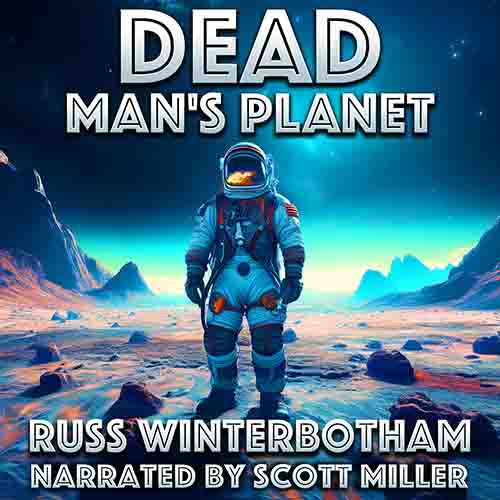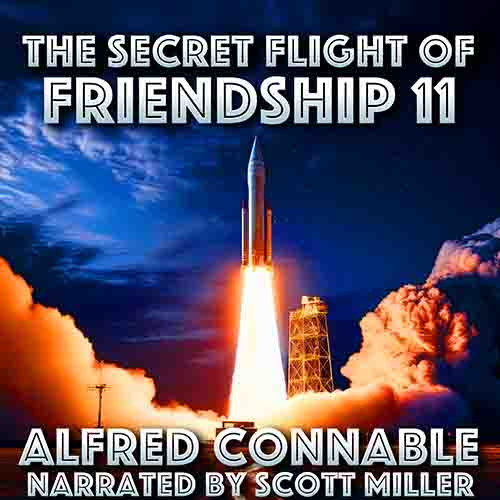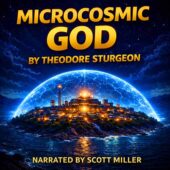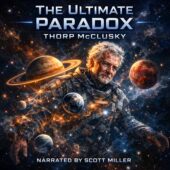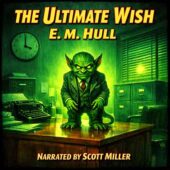Frederik Pohl
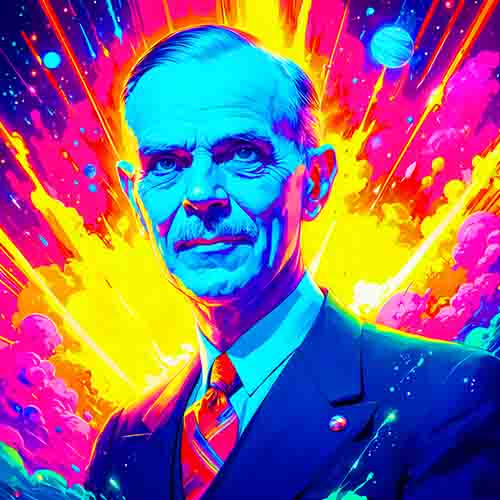
Biography
Frederik Pohl (1919–2013) was one of science fiction’s most versatile and influential figures—a writer, editor, anthologist, critic, and tireless advocate whose career spanned more than 70 years. Few individuals shaped the genre as deeply, or in as many roles, as Pohl. From his early days in the science fiction fan community of the 1930s, to his groundbreaking editorship in the 1950s and 1960s, to his award-winning novels in later decades, Pohl’s contributions earned him recognition as a true Grand Master of science fiction.
Born in Brooklyn, New York, Pohl discovered science fiction as a teenager and quickly immersed himself in fandom. He became part of the Futurians, a legendary group of young fans and future writers that included Isaac Asimov, Damon Knight, and Cyril Kornbluth. These friendships and rivalries would shape the course of modern science fiction. By the late 1930s, Pohl was selling poems and short stories to magazines, marking the start of an extraordinary career.
During World War II, Pohl served in the U.S. Army Air Forces. After the war, he returned to writing and editing, quickly making his mark as one of the most important figures in mid-century science fiction. As an editor, Pohl was bold and innovative. He helmed magazines like Galaxy and If during the 1950s and 1960s, bringing a sharper, more socially aware sensibility to the field. Under his direction, If won three consecutive Hugo Awards for Best Professional Magazine. His work as an editor not only showcased new writers but also broadened the horizons of science fiction itself, emphasizing satire, social critique, and literary quality.
As a writer, Pohl achieved early fame through collaborations, most notably with Cyril Kornbluth. Their novels, including The Space Merchants (1953) and Gladiator-At-Law (1955), offered biting satires of consumer culture, corporate power, and social inequality. The Space Merchants, in particular, became one of the most influential science fiction novels of the 20th century, portraying a future dominated by advertising agencies and corporate greed. It remains startlingly relevant today.
Pohl also proved himself as a solo author, with a career that stretched across decades. His short stories, such as “The Tunnel under the World” (1955), displayed his talent for combining sharp satire with speculative invention. In the 1970s, he reached new heights with novels like Man Plus (1976), about the transformation of a man into a cyborg to survive on Mars, and Gateway (1977), which won the Hugo, Nebula, and John W. Campbell Memorial Awards. Gateway, the first of his Heechee saga, explored humanity’s relationship with alien technology and cemented his place among the greats of the genre. Sequels such as Beyond the Blue Event Horizon (1980) and Heechee Rendezvous (1984) expanded the saga into one of science fiction’s most acclaimed series.
Pohl’s work often returned to themes of humanity’s struggle against overwhelming social and technological forces. He was fascinated by the intersection of economics, politics, and science, and his fiction frequently warned of the dangers of unchecked corporate control, ecological collapse, and the misuse of technology. His satirical edge, inherited from his Futurian roots, remained a defining feature of his style.
In addition to his fiction and editing, Pohl was a prolific anthologist, assembling important collections that showcased the best of the genre. He was also a critic and essayist, writing The Way the Future Was (1978), a memoir that is both a personal history and a valuable chronicle of science fiction’s growth from fandom to mainstream recognition. In the 21st century, he continued to engage with fans through his blog The Way the Future Blogs, where he reflected on his long career and the history of science fiction.
Pohl received nearly every major honor science fiction could bestow. He won multiple Hugo and Nebula Awards, including both for Gateway. In 1993, the Science Fiction and Fantasy Writers of America named him a Grand Master, the field’s highest recognition. In 1998, he was inducted into the Science Fiction and Fantasy Hall of Fame. His career was unique in its breadth—he excelled as a writer, editor, and commentator, roles that often do not overlap so seamlessly.
Frederik Pohl died in 2013 at the age of 93, leaving behind a vast legacy. He had lived through nearly the entire history of modern science fiction, from its pulp beginnings to its global cultural presence, and in every era he contributed decisively. He began as a fan, helped define the field as an editor, became one of its most lauded novelists, and remained a mentor and chronicler until the end of his life.
Legacy: Pohl’s fiction, particularly The Space Merchants and Gateway, continues to be read and studied as both literature and social commentary. His editorial work opened the door for new voices and new ideas, helping science fiction mature into a more sophisticated genre. His memoirs and essays preserve the vibrant, sometimes combative history of early fandom and publishing. Above all, his career demonstrates the range and power of science fiction—not only to entertain but to question, satirize, and illuminate the human condition.
Frederik Pohl stands as a rare figure who was present at the birth of modern science fiction and remained vital into the 21st century, a Grand Master in every sense.



